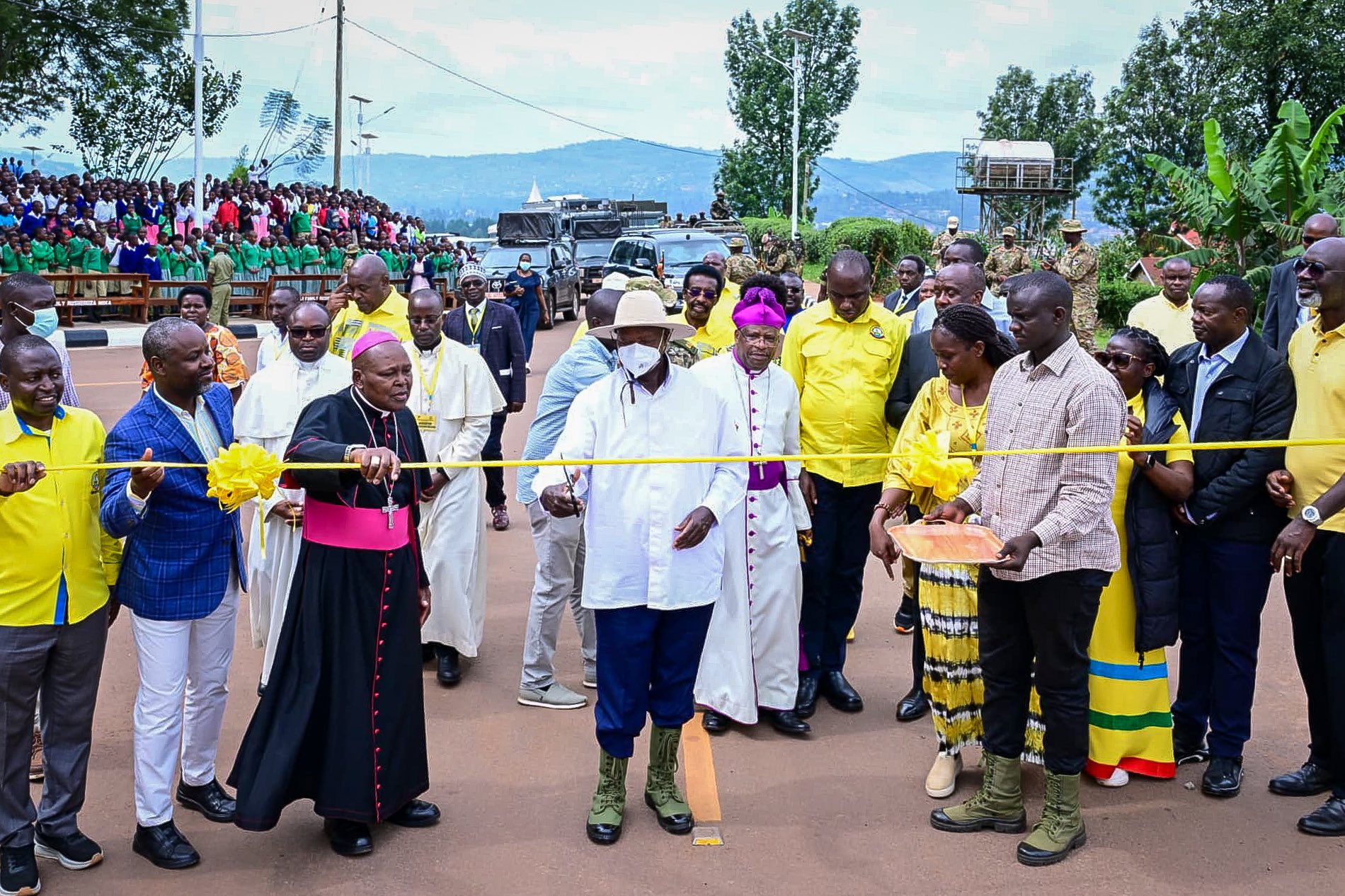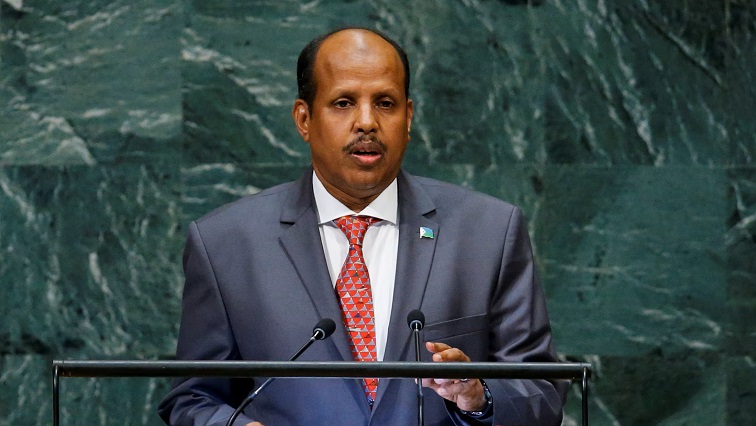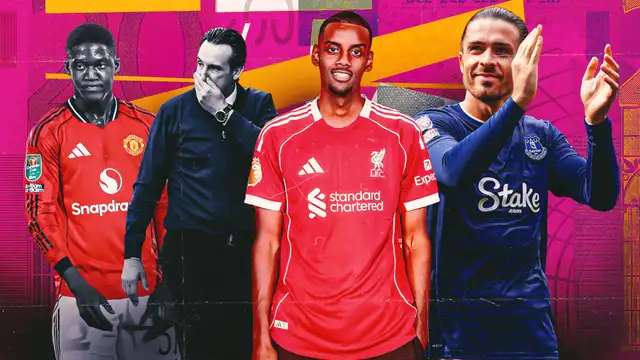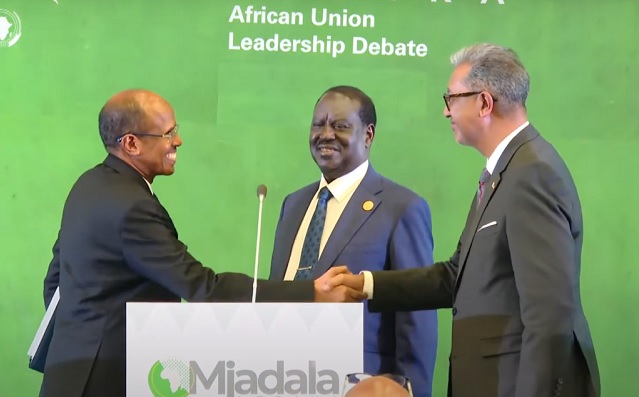Istanbul, Turkey – The rivalry between Istanbul’s football giants Galatasaray and Fenerbahçe has reached a boiling point following accusations of racism leveled against Fenerbahçe’s manager, Jose Mourinho, after a heated 0-0 draw in the Turkish Super Lig on Monday. The controversy has drawn international attention, with former Galatasaray star Didier Drogba stepping into the fray to defend Mourinho, while past instances of racism in Turkish football cast a shadow over the dispute.
The tension erupted after Mourinho’s post-match comments, where he criticized Turkish referees and the Galatasaray bench, suggesting that a local referee would have “disastrously” handled the game compared to the Slovenian referee, Slavko Vinčić. Galatasaray interpreted these remarks as “derogatory statements directed towards the Turkish people,” accusing Mourinho of racism and announcing plans to file criminal charges and lodge complaints with FIFA and UEFA.
Fenerbahçe, however, has vehemently denied the allegations, arguing that Mourinho’s statements were “deliberately taken out of context” and had no racial intent. The club described the accusations as “malicious” and vowed to pursue legal action to counter what they call “baseless claims.”
Football legend Didier Drogba, who played for Galatasaray from 2013 to 2014, has today taken to X to defend Mourinho. In a heartfelt post addressed to Galatasaray, Drogba expressed his pride in wearing the club’s yellow and red jersey and his enduring love for the “most decorated club in Turkey.” He urged fans to focus on supporting the team and winning the league rather than fueling the controversy.
The allegations against Mourinho come amid a troubling history of racial and discriminatory incidents in Turkish sports. In 2020, a Champions League match between Paris Saint-Germain and Istanbul Başakşehir was halted after Başakşehir’s assistant coach, Pierre Webo, was subjected to alleged racist abuse by a fourth official. UEFA condemned the incident, but critics, including Turkish sports lawyer Mert Yasar, have pointed to a lack of consistent action against racism in Turkish football, where perpetrators often face impunity.
Additionally, ethnic tensions within Turkey have occasionally spilled onto the pitch. Kurdish football players, such as Deniz Naki of Amedspor, have faced racist attacks, while nationalist chants targeting minority groups, like “Kurds out; this is Turkey, not Kurdistan,” have been reported at matches. In 2013, Turkish wrestler Riza Kayaalp faced a six-month suspension for racist remarks against Armenians and Greeks, though the ban was later overturned, drawing further scrutiny to the enforcement of anti-discrimination measures.
FIFA’s updated disciplinary code, introduced in 2019, imposes stricter punishments for racist behavior, including a minimum 10-match ban and the right for victims to participate in proceedings. UEFA has similarly taken a firm stance, as seen in its response to the 2020 Başakşehir incident and sanctions against Montenegro for fan racism during a match against England. Both organizations are likely to scrutinize Galatasaray’s complaint against Mourinho closely, potentially escalating the matter into a broader investigation of racism in Turkish football.
As Galatasaray and Fenerbahçe prepare for their next encounters, the focus remains on the pitch, but the off-field controversy threatens to overshadow the season. Legal battles, potential FIFA and UEFA interventions, and the ongoing debate over racism in Turkish football are set to shape the narrative in the coming weeks.
For now, Drogba’s appeal to “support our brilliant lions and let’s win the league” resonates as a call for unity, though the path to reconciliation between the rival clubs and their supporters appears fraught with challenges. As the football world watches, this dispute may serve as a critical test of Turkey’s commitment to eradicating racism from its sporting culture.







